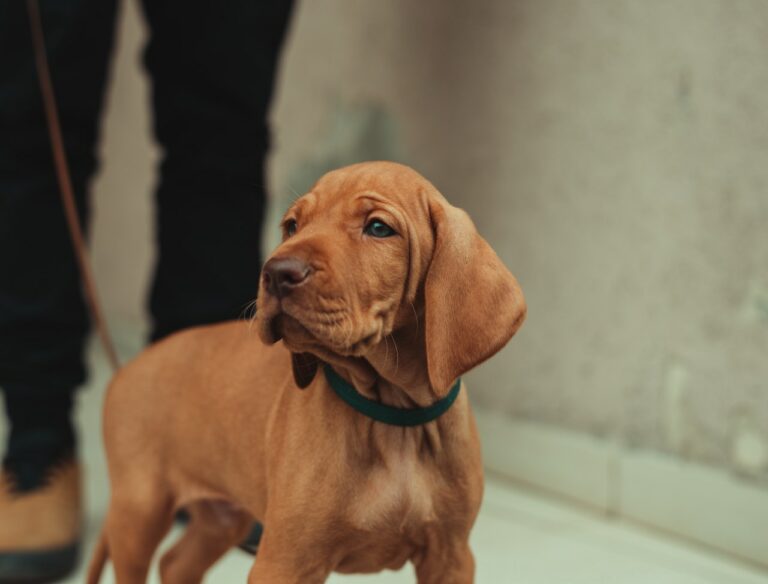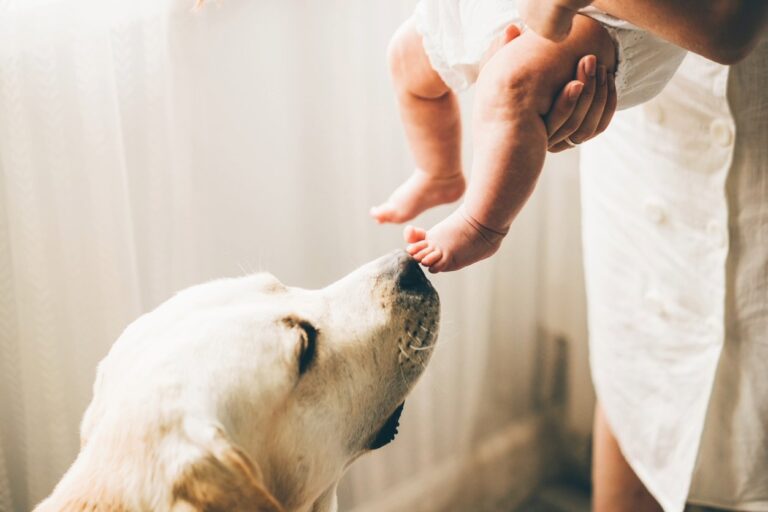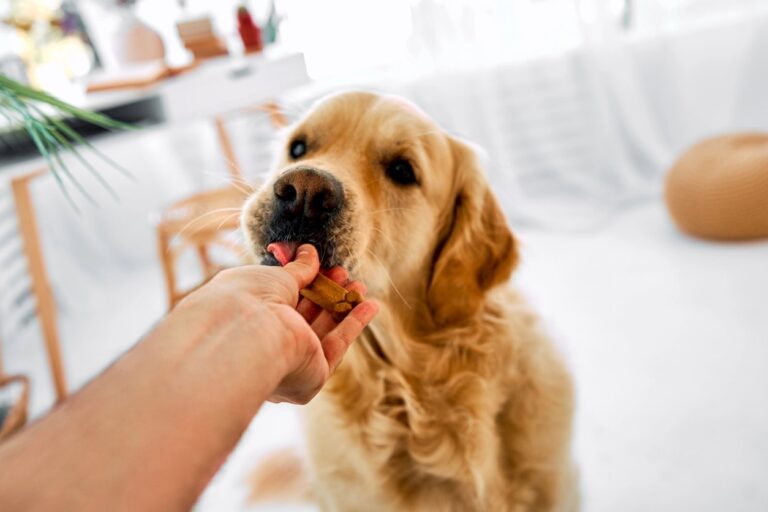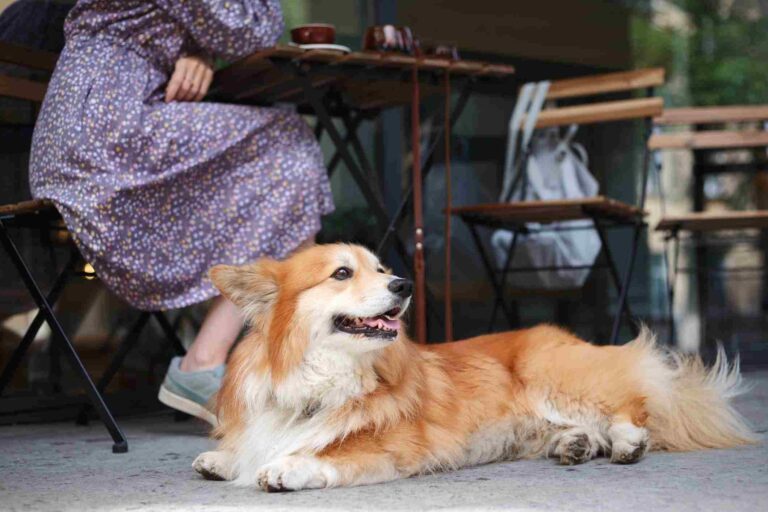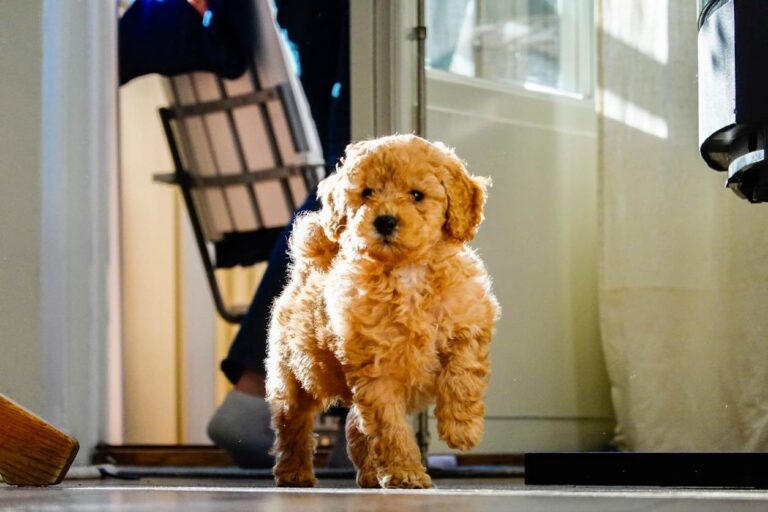You have probably been waiting and waiting to bring home your new, furry bundle of joy! Now that he is home, everyone is chiming in to make sure you socialize him! Well, yeah…he’s met family and friends and played with the neighbor’s dog. That must mean the new puppy is socialized, right? It’s a great start, but there is more work to be done.
The What
Puppy socialization means a puppy is having a positive experience in their exposure to the outside world and environmental stimuli. It’s a great start to introduce your puppy to people and dogs, but don’t forget they need to be introduced to noises, smells, sights, sounds, etc. as well.
The Why
Well socialized puppies grow into happy and confident adult dogs that adapt quickly no matter where they are or who is present. The critical process of socialization will prevent puppies from being overly fearful or aggressive in their adult life.
The When
The Sensitive Period is the crucial time for socialization between weeks 3 and 12 of a puppy’s life. During weeks 3-8, puppies learn from their mother and littermates. Important development like canine body language, bite inhibition, and exploration occurs.
During the second half of the Sensitive Period, approximately 5-12 weeks, socialization with the outside world is more fully developing. This is where people have the most direct impact on the puppy’s socialization. How the interaction is perceived by the puppy can determine their future outlook on the situation, whether that is positive or negative.
The How
We recommend your puppy see 30-40 people and dogs per week and visit 1-2 new places each week. When we say “see” we don’t mean that 40 people have to pet your puppy. The puppy just needs to be in their presence and experience being around new people. If the person wants to say hi, it’s an added bonus! Same for dogs, but only let your puppy interact with dogs who are fully vaccinated and friendly.
Common Stimuli Needed for Puppy Socialization
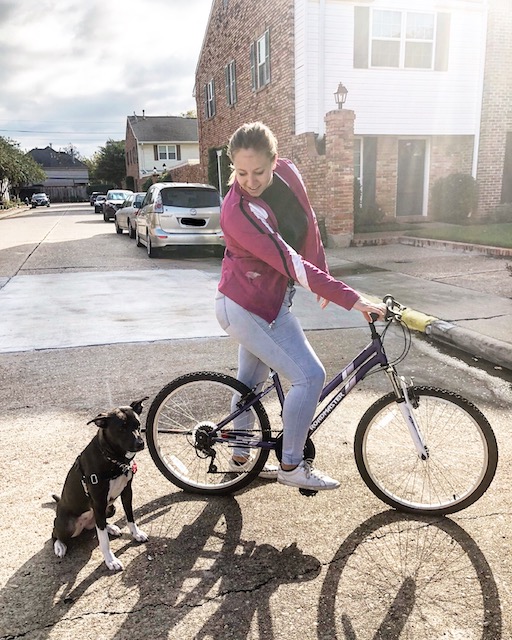
- Women
- Men
- Children, especially toddlers and infants
- People wearing sunglasses
- People with umbrellas
- Adult dogs and puppies
- Large breeds (Great Danes, Mastiffs, etc.)
- Teacup/small breeds
- Cats
- Household pets (lizards, bunnies, etc.)
- Horses
- Stores (Lowe’s, TJ Maxx, Homegoods, etc.)
- Restaurants
- Grooming salon
- Farmers markets
- Parks
- Skateboards
- Bikes
- Cars
- Buses
- Pools/lakes
While you’re in these new places, don’t forget to make the situation fun for your puppy! Bring treats or kibble (if they love their dog food). Give the puppy small treats when they are feeling uncomfortable so they begin to create positive associations. If your puppy has a favorite toy, you can also bring that with you!
Be on the lookout for nervousness or avoidance by your puppy in any new situation. Your puppy should continue to eat treats for you regardless of where they are. If they won’t take their treat and are trying to escape, the situation might just be overwhelming and you should take them a little further away and get them eating and happy again. For example, maybe your puppy is nervous on their first trip to Home Depot and avoids people walking by. Instead, take your puppy to the quietest corner of the store. Get them to eat treats and play with you, then try to be within 15ft of the people. On your next trip maybe you can be within 10ft, and on the next trip, 5ft, until the puppy is happily eating as people pass by.
Socialization When Your Puppy is Not Vaccinated
We often get asked how to socialize a puppy if they are not fully vaccinated. Here are our best tips:
- We recommend avoiding areas where dogs or wildlife urinate, like dog parks or hiking trails. Stick to concrete settings or low-traffic environments.
- In pet stores or any store, if you prefer, you can put your puppy in a shopping cart instead of walking them on the ground.
- In restaurants, you can put a towel down for your puppy to lie on.
- Arrange playdates with people and dogs in your home or theirs.
Have any questions? Reach out to our team!
